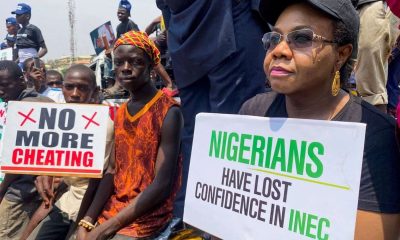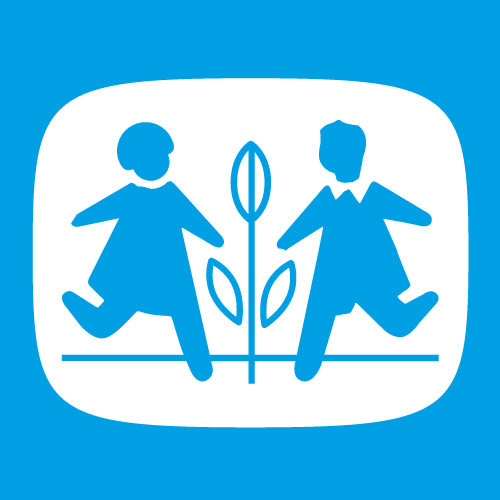The SOS Children’s Villages Nigeria has announced plans to expand its reach to four more states in addition to the Lagos, Ogun, Plateau, and Abuja villages, and some standalones in Oyo and Kaduna.
Eghosa Erhumwunse, SOS Villages national director, during a partner appreciation and recognition event in Lagos on Friday, said Imo, Akwa Ibom, Borno, and Edo are the new frontiers the NGO is seeking to cover very soon.
The villages Chairman Sylvester Ebhodaghe, in his appreciation speech, noted no fewer than 6,000 children from over 1,000 families have been directly empowered with skills, health support, education and micro credit through its Family Strengthening Programme(FSP) alone.
“We have also helped over 50,000 children indirectly,” he added.
The SOS Villages Nigeria is under the SOS Children Villages, a global platform Austrian medic Hermann Gmeiner founded in Imst, Austria, in 1949, to provide an alternative child care for children orphaned and displaced by the Second World War.
Now present in 130 countries around the world, the organisation, dedicated to helping children that have lost or at risk of losing parental care, was founded in Nigeria in 1973.
In a typical SOS village, there are family homes run by mothers who take care of the children in a manner close to a natural home setting. The Nigeria’s villages have even evolved in doing that so much so that the children age 14 and 15 now remain in the homes with the mothers, helping in taking care of the younger ones—instead of moving into the youth homes.
It’s suite of children-oriented programmes include the Family-Based Care, the FSP, education, the MFSII FSP Dutch Foreign Affairs Ministry funded, Care 4 Me, an advocacy project, and the Next Economy Programme for creating employment for children age between 15 and 35.
As an NGO, SOS Villages Nigeria , Eghosa said, generate 75 percent of their funding from donor agencies. Other sources of fund include corporate partners like DHL, AkzoNobel, and others. Individual supporters can also kick in as low as N500.
Its sponsorship products range from N15,000 monthly to N236,000 yearly for feeding a child while education sponsorship stands at N145,135 annually—or N48.378 monthly. The family house sponsorship, covering 10 children, stands at N3.8 million annually.
As a socially responsible society where the needs of children are adequately taken care of—which is the meaning of Societas Socialis (German)—the SOS Nigerian villages have helped given meanings to the lives of hundreds of these vulnerable kids.
“If I hadn’t had the SOS villages… well, I could have only God to give my life a meaning,” said Ajibade Omisade, an actor, broadcaster and on-air personality who moderated the event alongside Tolu Omotunde, another alumna of the village.
Bade, a mass communication graduate from BOWEN, grew up in the SOS Village Nigeria. According to him, he lost his parents as a baby, was later adopted by a couple who died shortly after that, and was finally taken to the village.
There are over 140 million orphans around the world whose experience are similar to Ajibade’s, according to SOS Villages US. The Nigeria’s villages said it has been making efforts to help as many as are in Nigeria to have families, care, dignity, and security.
“It is essential that we all look at giving for children in need as a shared responsibility, and also as everyone’s social responsibility,” said Ebhodaghe.
And with that commitment the chairman kicked off a social media campaign with the hash-tag #Isupportsoscvnigeria.
The event brought together friends and supporters of the NGO from all over the country—in government and business.
A number of the sponsors were given special recognition for their contribution to the sustenance of the villages and its vision.

 Health1 week ago
Health1 week ago
 Business1 week ago
Business1 week ago
 Latest1 week ago
Latest1 week ago
 Football7 days ago
Football7 days ago
 Health6 days ago
Health6 days ago
 Latest1 week ago
Latest1 week ago
 Crime6 days ago
Crime6 days ago
 Latest1 week ago
Latest1 week ago

